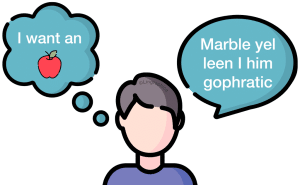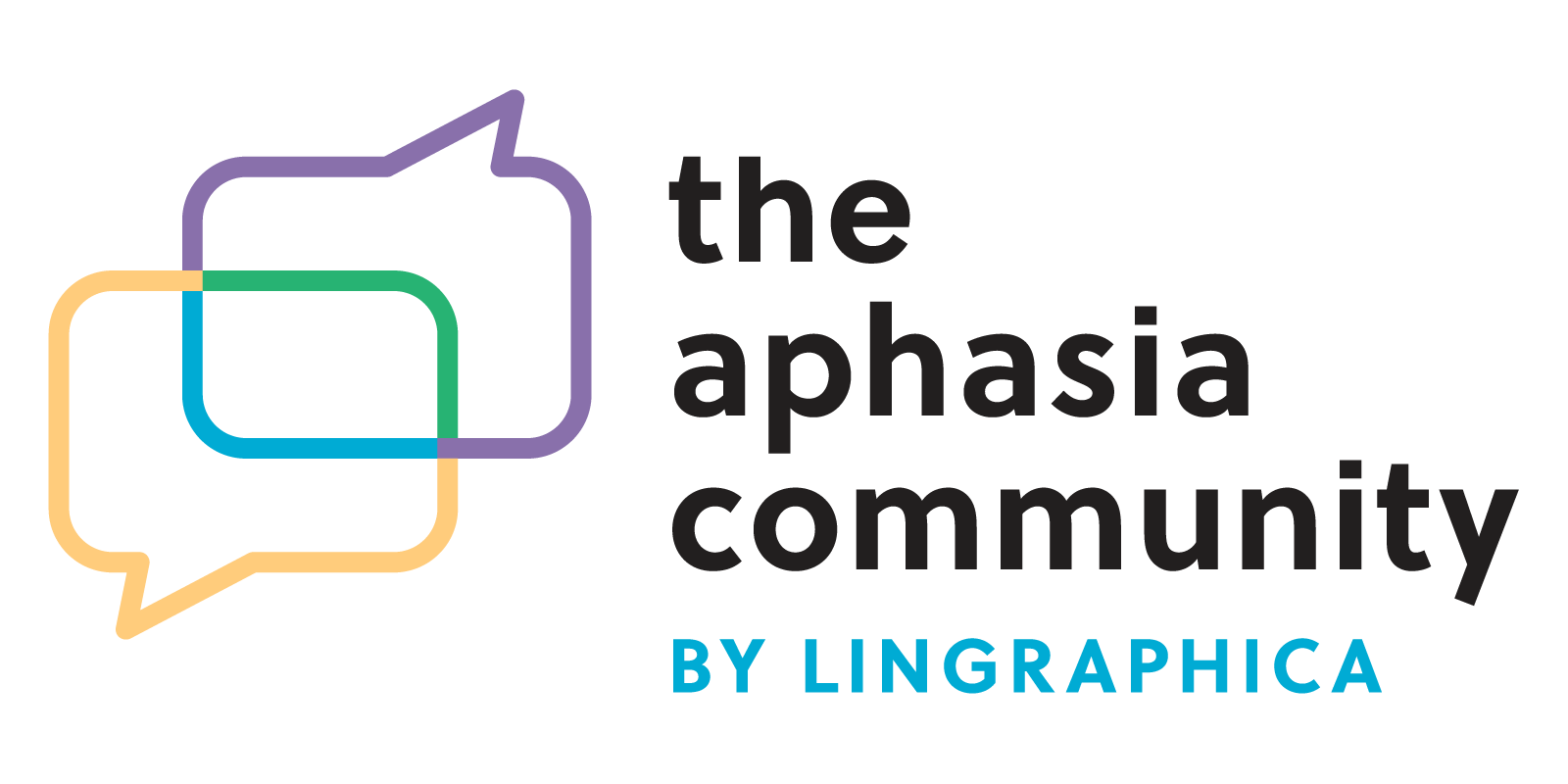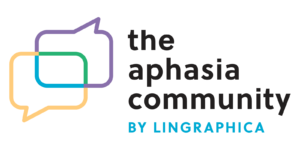Conduction Aphasia
Conduction aphasia is a type of aphasia in which the main impairment is in the inability to repeat words or phrases. Other areas of language are less impaired (or not at all). It is also known as associative aphasia.
A person with conduction aphasia can usually read, write, speak, and understand spoken messages. Some people have mild impairments with spoken language, such as word-finding difficulty or paraphasias (word and sound substitutions).
However, a person with conduction aphasia may be unable to repeat words, phrases, or sentences. A person with mild conduction aphasia might be able to repeat words and short phrases but have difficulty with long or complex sentences.
Someone with severe conduction aphasia might be unable to repeat short phrases or even single words. People with conduction aphasia are typically aware of their errors, but have a hard time correcting them.
Conduction aphasia is considered a mild form of aphasia and is relatively rare.
People with conduction aphasia can use strategies like writing information down instead of repeating it.
Characteristics of Conduction Aphasia
- Can usually understand spoken messages
- Are able to read, write, and speak
- Word-finding difficulty
- Use word and sound substitutions
- Unable to repeat words, phrases or sentences
The Most Common Types of Aphasia

Anomic Aphasia
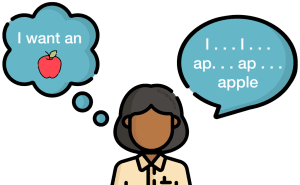
Broca's Expressive Aphasia
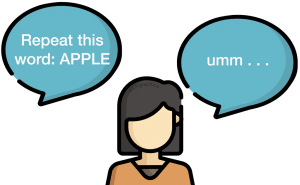
Conduction Aphasia
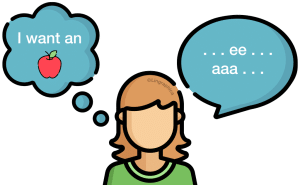
Global Aphasia
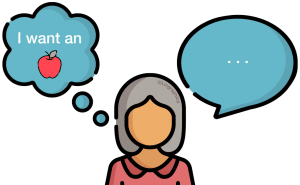
Primary Progressive Aphasia
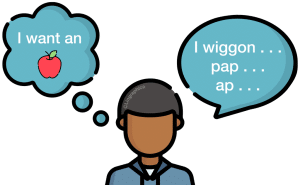
Mixed Transcortical Aphasia
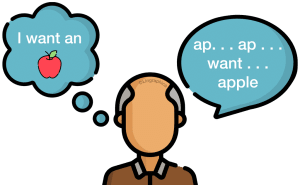
Transcortical Motor Aphasia
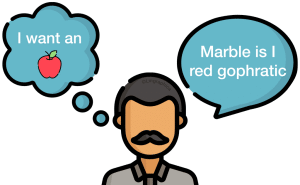
Transcortical Sensory Aphasia
